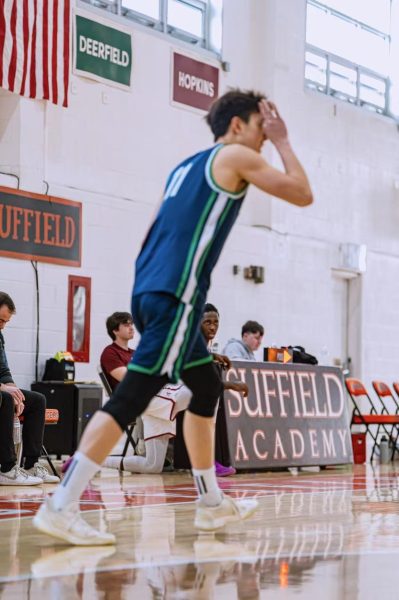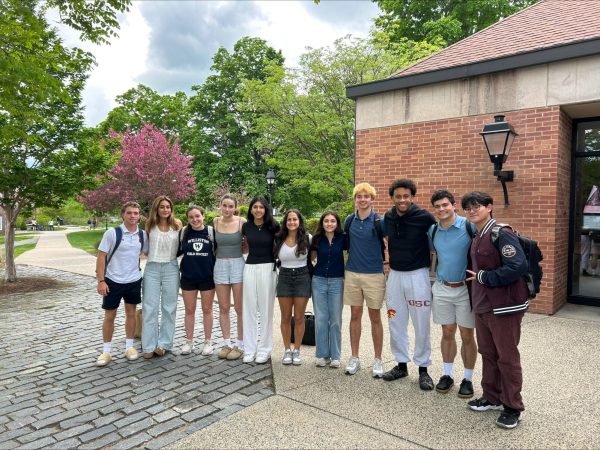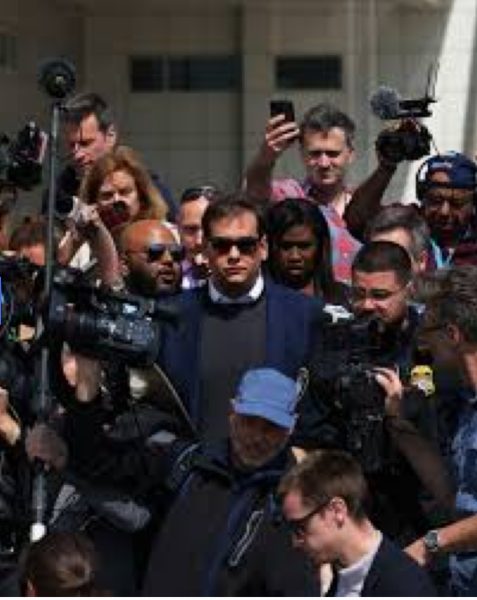Violent Protests in Hong Kong Continue
Since early June, Hong Kong has been racked by large scale protests stemming from a controversial piece of legislation, and the protests, which have deep roots in the country’s geopolitical history, are turning violent.
The protests surround a bill, called The Fugitive Offenders Amendment Bill. This bill, which would allow extradition of criminals from Hong Kong to China, could, many Hong Kong citizens feel, strip them of their civil liberties
To give some context, Hong Kong, now a former British colony, was returned to China in 1997. The British stipulated that as a part of the handover, Hong Kong’s economic and social systems were to be untouched by China’s socialist one for 50 years. As the 2047 deadline nears however, it has become apparent that China wishes to exert greater influence over the city before its full return.
Currently, citizens in Hong Kong, which is technically a Special Administrative Region of China, enjoy many of the similar rights and comforts that Westerners also enjoy, including freedom of speech, free access to the internet, and access to a fair and transparent legal system.
In February 2019, the Hong Kong Security Bureau proposed an amendment that would allow extradition of Hong Kong citizens to countries with which Hong Kong doesn’t have a previous extradition agreement. This would even extend to extradition requests made from mainland China, which has a drastically different political system. In effect, a loophole could be created that would end Hong Kong’s basic law and replace it with the mainland Chinese judicial system.
Since March of 2019 protests have been mounting, with everyday citizens and even specific professional groups such as lawyers and teachers choosing to march.
In June, one protest reached nearly half a million people while in July signs of vandalism and violence began to occur. On September 4 Carrie Lam, the Chief Executive of Hong Kong, announced the withdrawal of the bill.
However, the protesters have maintained their efforts and expanded their demands. Among their four remaining demands are for an inquiry to be conducted into police violence, and for the resignation of Carrie Lam.
Since then the protests have only escalated .On October 1, the 70th anniversary of the People’s Republic of China, a 18-year-old student was shot during the protests. Protesters have also responded with violent acts such as lighting a man espousing pro-China sentiments in public on fire.
Senior Vince Wang was born and raised in Hong Kong and has strong views towards the protests.
“I think it has gone for too long,” Vince says. “I support the core message [of the protests], of wanting freedom and independence, but I think the methods are too destructive to the daily lives of ordinary citizens.”
Vince also explained why he feels the protests have become violent. “I think that generally people from Hong Kong are pretty peaceful,” Vince said, “but I feel like the Umbrella protests didn’t have a lot of results, nothing really came out of it, and I think that might be the root of some of the violent acts committed by the protesters this time around.”
“When the violence is directed against other people from Hong Kong, that’s where I draw the line,” he added.
On the flip side, junior Jack Zhu, from Shanghai, China, has a different view towards the protests. “They can do anything they want as along they are part of China, as long as they admit they’re part of China until 2047,” he said. He stated that ultimately he feels it’s bad if “both the government and the people are fighting each other.”













